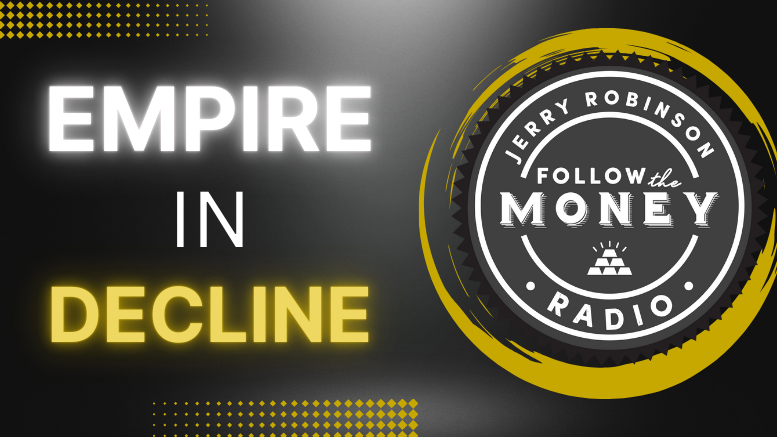Term vs Cash Value Life Insurance
One of the most common insurance-related questions we receive is: “Should I buy term or cash value life insurance?”
The decision of whether to buy term or cash value, also known as ‘permanent,’ life insurance will often depend on your specific situation. To determine which type of insurance is best for you, it’s important to understand the difference between the two.
In this brief article, we will explain the difference between these two types of life insurance policies and maybe even help you understand which one may be right for you.
What About Term Life Insurance?
Term policies provide life insurance coverage for a specified period of time.
If you die during the policy period, whoever you name as your beneficiary will receive the policy death benefit, typically income-tax free.
However, if you don’t die during the specified term of coverage, your beneficiary will receive nothing. At the end of the specified policy term, term-life insurance coverage simply ends.
What Happens When Term Life Insurance Expires?
Generally speaking, when a term life insurance policy expires, the insurance company’s contractual obligations to the insured come to an end.
To continue the coverage beyond the specified term, you must either renew your coverage (if possible) or apply for a brand new policy.
In either case, it is likely that you will be required to submit to a current health exam to determine if you are still even deemed worthy of coverage by the insurance companies. Life insurance is not a right. Life insurance companies turn down people every day who are seeking coverage.
Takeaway: Don’t assume that you will always be eligible to buy life insurance. Once insurance companies deem you “uninsurable”, a life insurance strategy will be one less ace in your hand.
Term life insurance is usually the “cheapest” way to provide temporary protection for your dependents.
While the lower monthly out-of-pocket costs associated with term life insurance may seem to make it the best choice, you get what you pay for.
Term life insurance carries a smaller monthly premium precisely because it lacks many of the benefits and features of it’s cash-value counterpart.
This is an important point overlooked by many life insurance shoppers, and ignored by many financial commentators.
However, there are at least two general situations where term life insurance is the obvious choice for the insurance shopper:
1. Those with dependents and with limited resources.
2. Those with a specific need for temporary coverage. (There are some cases in which life insurance coverage is needed only for a limited period. For example, you may only need life insurance to replace your income while you are working, or until your children finish college.)
Term insurance may often be the right choice for you in these types of cases.
What About Cash-Value Life Insurance?
Cash-value life insurance combines the power of a tax-free death benefit with a unique cash accumulation component.
As you pay your premiums, a portion of each payment accumulates as cash value. The insurance company invests the cash value, which continues to grow tax deferred as long as the policy is in force.
If you continue paying your premiums, cash value life insurance continues throughout your life.
You can borrow against the cash value and, in some cases, may be able to withdraw a portion of the cash value.
However, keep in mind that policy loans and withdrawals will reduce the death benefit and obviously, the cash value.
There are many different types of cash value life insurance, such as whole life, variable life, and universal life.
Cash value life insurance is more expensive than term insurance during your younger years. However, because the premiums for term insurance become more expensive as you get older, cash value insurance, which has level premiums, may be the more economical option if you want coverage throughout your life.
One good strategy is to buy a combination of permanent insurance and term insurance. Why? Because when the big financial obligations like replacing an income, paying off a mortgage comes to an end, you can simply drop the term insurance part of your policy and keep the permanent insurance for your final expenses.
There are many good reasons to buy life insurance, but the reason you are buying it will help you determine whether you should buy term insurance or permanent life insurance and also how much life insurance you should have.
RELATED: VIDEO: How To Reduce Income Tax On Social Security Benefits
DISCLAIMER
Investing involves risk. Always do your own due diligence and consult a trusted financial professional before making any investing or financial decisions.






